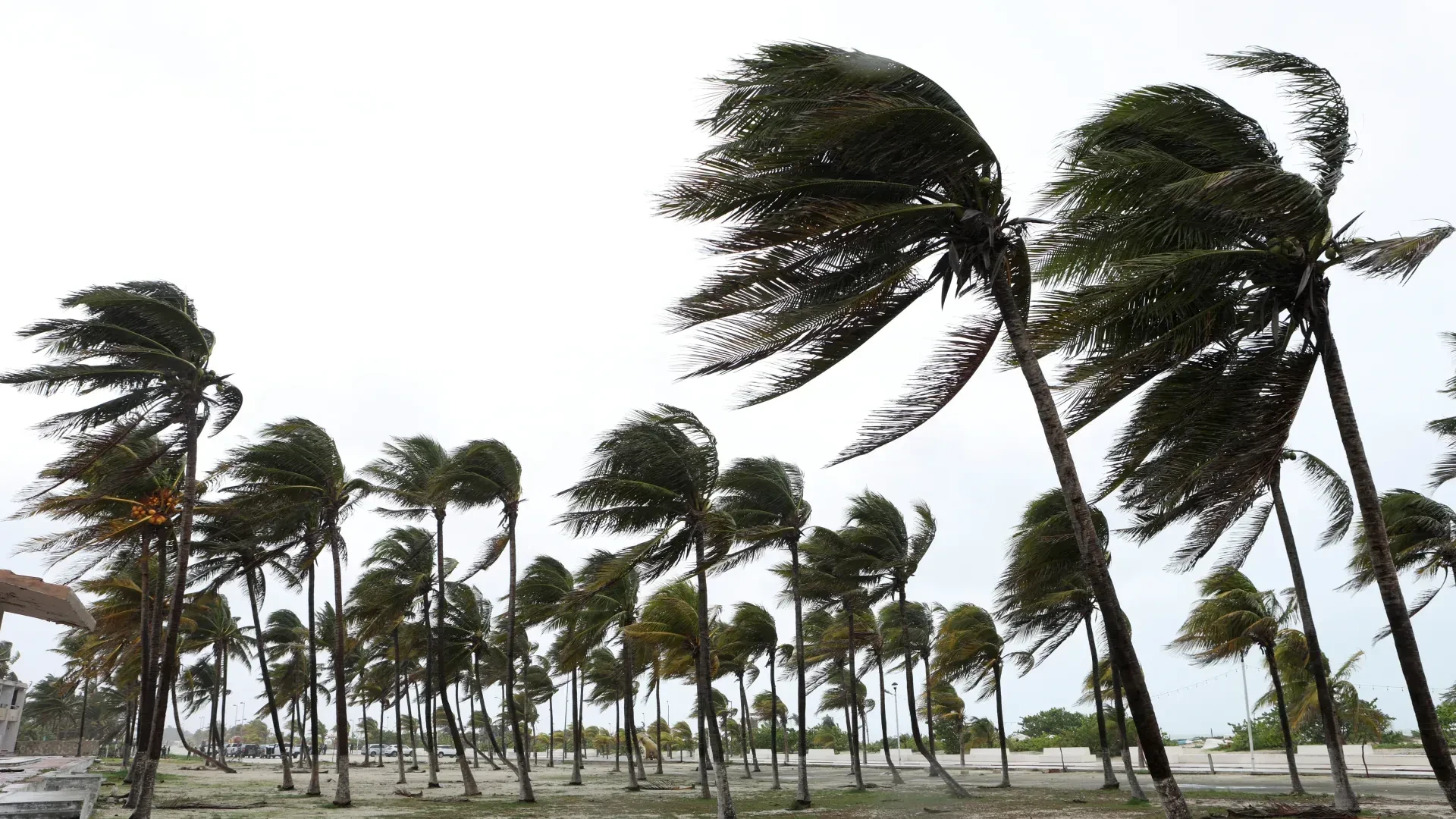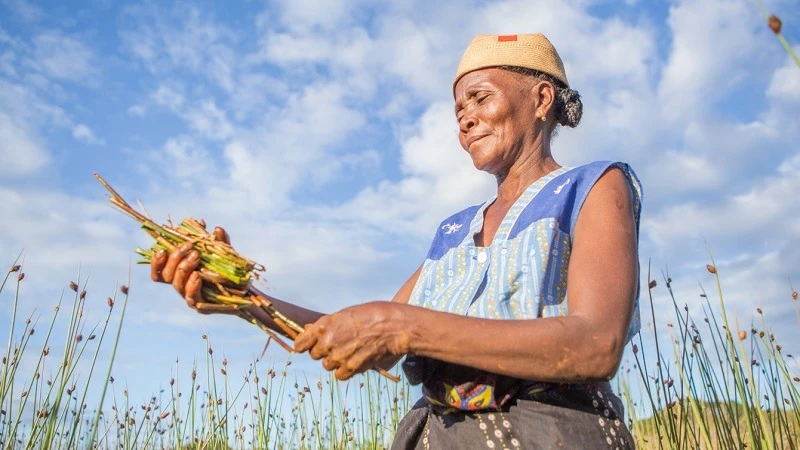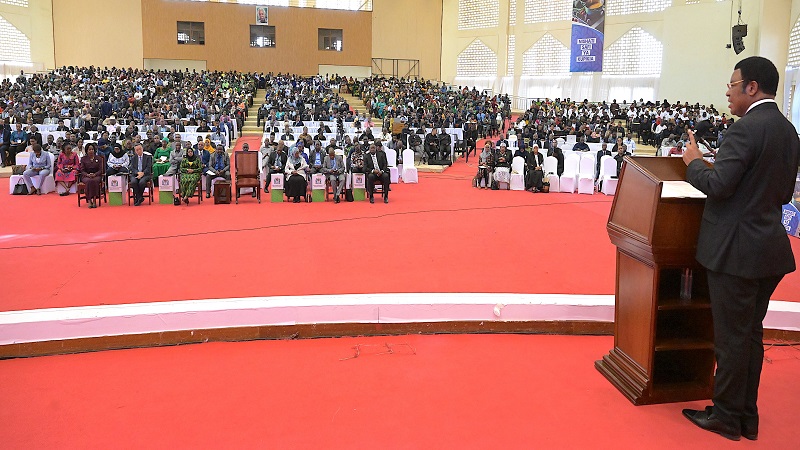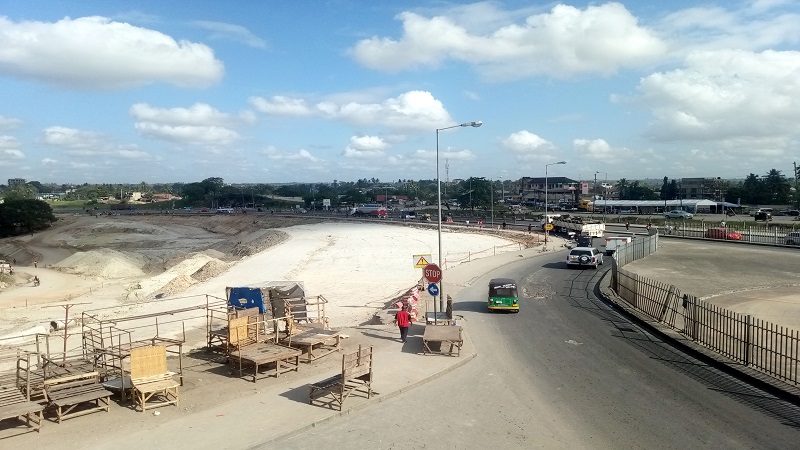Deadly storm winds fade away after 800,000 trees get planted in Kongwa

THE horrid annual windstorm which used to terrorize Dodoma City and its suburbs for years is reportedly ‘dead,’ thanks to ongoing tree planting campaigns that are now bearing fruits.
Scribe members of the Journalists Environment Association of Tanzania, who are visiting Dodoma under the United States Agency for International Development (USAID)’s Preserve Natural Resources project, learned that the red-dusted, series of cyclones that used to sweep the Dodoma landscape between the months of September and November, have disappeared.
“The whirlwinds used to be known as ‘Kimbunga cha Kongwa,’ and usually unleashed disaster around this time, every year, preceding the short vuli rains,” explained Hagali Mbulla the Records Manager and Training Coordinator of the LEAD foundation in Dodoma.
She explained that in the last two or three years, residents of Dodoma are no longer experiencing the usual deadly windstorms that sometimes used to cause disaster in the local areas.
In the ongoing efforts to combat negative effects of climate change, according to Mbulla, LEAD has managed to plant a total of 800,000 thriving trees in the windswept parts of Kongwa District of Dodoma, transforming much of the landscape from Mars like red surface dotted with rock, into lush green savannah grassland and bushy countryside.
Speaking to the Journalists Environment Association of Tanzania (JET) the communications manager of LEAD, Godlove Kihupi explained that the organization has managed the feat through the restoration of Semi-Arid Lands of Tanzania programs.
“Until now LEAD which is an acronym of ‘Leadership, Environment and Action for Development,’ has managed to plant over 22 million trees, all of which are thriving in the selected districts of Arusha, Dodoma, Manyara and Singida regions,” he said.
According to Godlove, the foundation’s collaborative efforts spanning more than 616 villages have empowered 250,000 households through the guidance of 3,000 champion farmers by equipping local communities with climate resilient practices that also serve to ensure food security.
On the other hand, in their latest ‘Heat Adaptation Project,’ in Dodoma, LEAD aims at investigating how trees can help to protect outdoor agricultural workers from extreme heat in Tanzania and understand how trees can modify microclimates to shield farmers from rising temperatures due to climate change.
Top Headlines
© 2024 IPPMEDIA.COM. ALL RIGHTS RESERVED

























